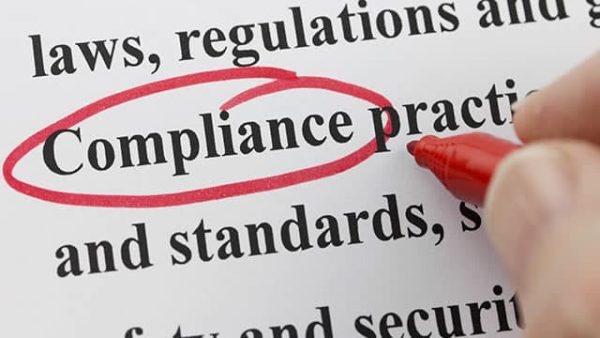University ethics extra: reporting and investigation

Robust and well-articulated ethical standards are at the core of any university compliance program. Yet, standards alone do not ensure an ethically sound work environment. A program that allows employees to report, and officials to investigate, questionable behavior is among the key support structures in university compliance.
Enter UNC Charlotte University Policy 803. It’s the regulation that provides for the reporting and investigation of improper activities and shields whistleblowers from retaliation.
Under the policy, “improper activities” is a broadly drawn category; the policy covers actions or failures to act by University employees in the scope of their duties that result in:
- A violation of state or federal law, rule or regulation;
- A serious or substantial violation of University policy or procedure;
- Fraud;
- Misappropriation of state resources, including embezzlement;
- Substantial and specific danger to the public health and safety; or
- Gross mismanagement, a gross waste of monies, or gross abuse of authority.
UNC Charlotte Compliance Director Susan Burgess said employee training is an important part of an effective ethics program.
“Employees need to know the rules and regulations that apply to their areas of responsibility. Supervisors and managers play a key role in educating their staff about the regulatory requirements that apply in the performance of their duties.”
A related goal for Burgess and her staff is to encourage university employees who see suspicious behavior to report it. University Policy 803 helps by outlining a strong set of rights for those who file a report. Employees are generally entitled to be informed of the result of a report they make, and supervisors are prohibited from releasing, threatening, harassing or otherwise discriminating against an employee for filing a report.
“UNC Charlotte is a very big place with lots of moving parts and people,” Burgess said. “We want to encourage the campus community that if they ‘see something, then say something.’”
To that end, UNC Charlotte has introduced the EthicsPoint reporting system, which allows employees to anonymously report improper activities online or over the phone.
“While it’s always preferable for individuals to raise concerns to management, we have made this service available because we recognize that in some cases an employee may have compliance concerns but may not feel comfortable going through the chain of command,” Burgess said.
More information about University compliance and the Office of Legal Affairs is on the Web.
This article is the second in a series of features on the UNC Charlotte Office of Ethics and Compliance. Read Inside UNC Charlotte’s Q & A with Director of Compliance Susan Burgess here.